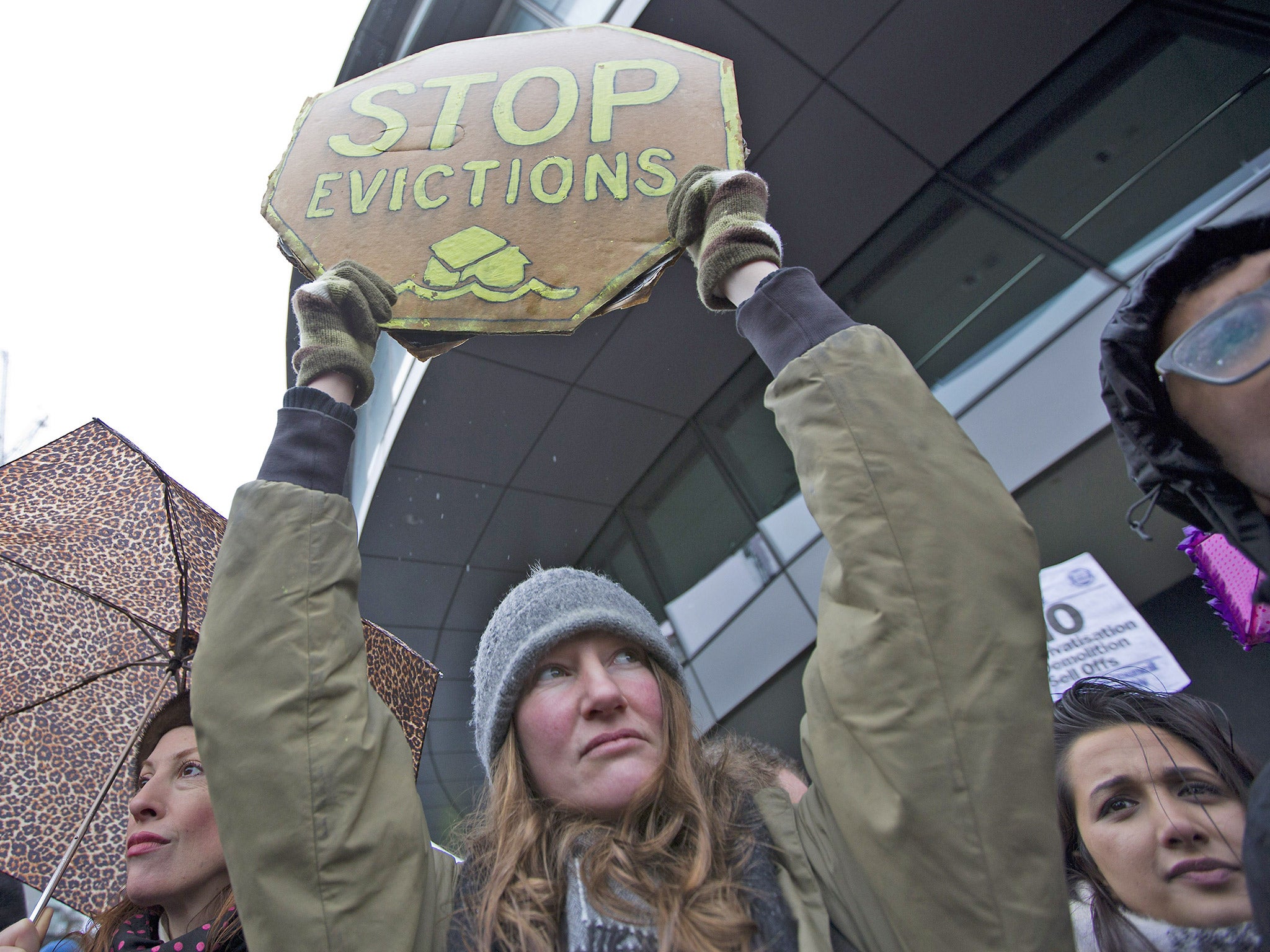Out-of-borough placements Q&A: Why are they necessary, what is the impact and how does it work?

Your support helps us to tell the story
From reproductive rights to climate change to Big Tech, The Independent is on the ground when the story is developing. Whether it's investigating the financials of Elon Musk's pro-Trump PAC or producing our latest documentary, 'The A Word', which shines a light on the American women fighting for reproductive rights, we know how important it is to parse out the facts from the messaging.
At such a critical moment in US history, we need reporters on the ground. Your donation allows us to keep sending journalists to speak to both sides of the story.
The Independent is trusted by Americans across the entire political spectrum. And unlike many other quality news outlets, we choose not to lock Americans out of our reporting and analysis with paywalls. We believe quality journalism should be available to everyone, paid for by those who can afford it.
Your support makes all the difference.Q Why are they necessary?
A Out-of-borough homeless placements have shot up since the Coalition introduced welfare reforms, including the benefit cap and a cut to housing benefit (local housing allowance). When LHA rates were cut, councils could only look for private rental accommodation in the bottom third of local area rents, rather than the bottom half, making it much more difficult to secure accommodation for people with nowhere to live. Increasingly, this meant looking out of area.
Q What is the impact?
A Out-of-borough placements are like a set of dominoes knocking into each other. Central London boroughs like Westminster place their homeless people into boroughs a little further out, putting increased pressure on these councils. For example, Westminster sent 68 families into Hackney between July and September last year, and 35 into Waltham Forest. Already short of housing in their areas, Hackney and Waltham Forest then found themselves with even less accommodation to choose from. During the same period, Hackney sent 13 families to Redbridge, 13 to Enfield and 18 to Haringey, while Waltham Forest sent 22 to Barking, 45 to Newham, 57 to Haringey and 20 out of Greater London completely.
Q How does it work in practice?
A When homeless people go to their local council for help, officials assess whether they have a legal duty to provide assistance. Families with children and pregnant mothers are usually entitled to be re-homed, meaning the council will have to make them an offer of temporary accommodation. More and more often, this offer of temporary accommodation is outside of the borough. Sometimes it is as far away as Birmingham, Manchester or Leeds. If the family rejects the offer, the council can say that it has “discharged its duty” and no longer needs to help the family. Unless a solicitor intervenes on the side of the family, there is often very little that can be done to challenge offers of accommodation out of borough. Recent legal cases such as that of Titina Nzolameso (a homeless mother of five from Westminster) in the Supreme Court have clarified that it is illegal to move a homeless family a long way from its borough without providing evidence of a search for available accommodation closer by. But the practice of placing vulnerable people out of borough continues.
Join our commenting forum
Join thought-provoking conversations, follow other Independent readers and see their replies
Comments